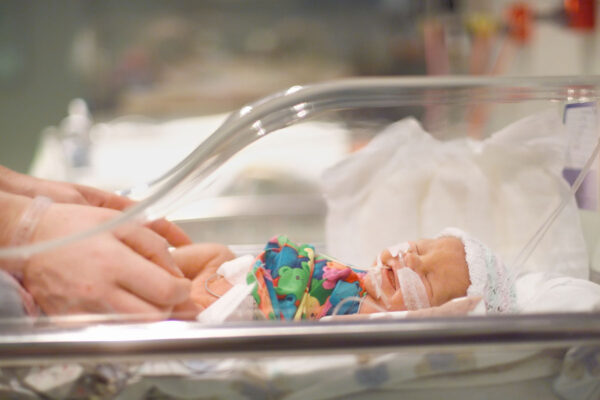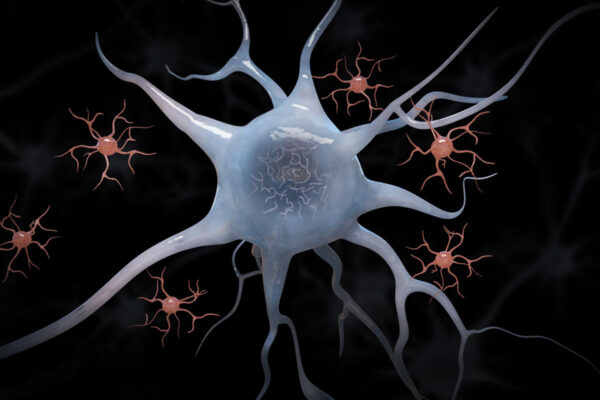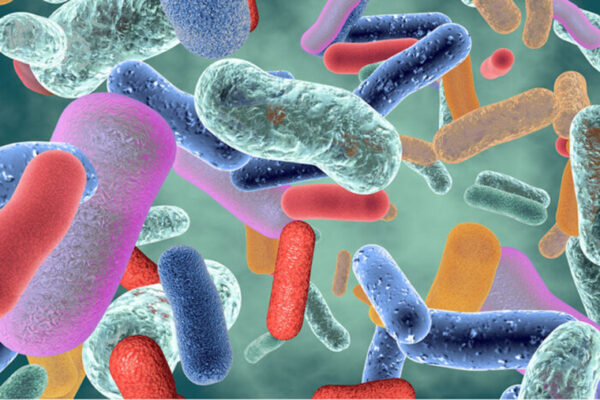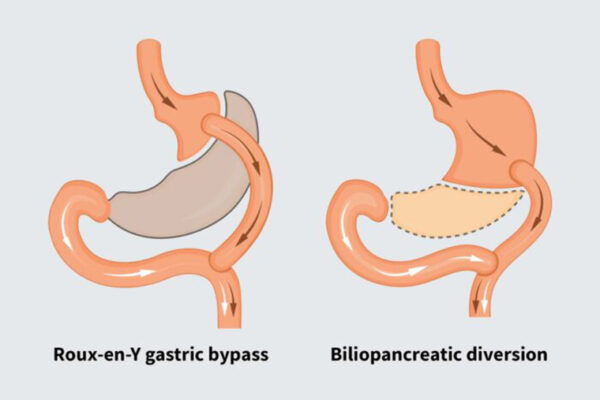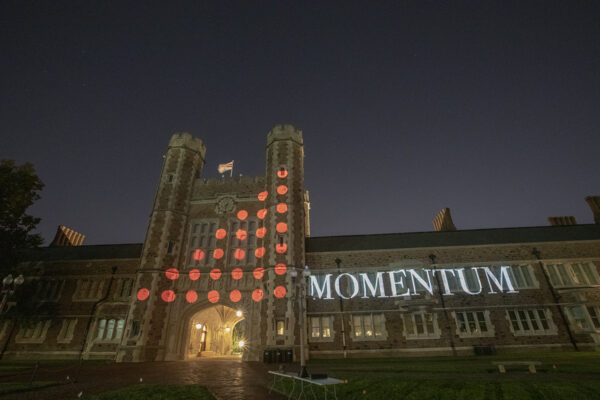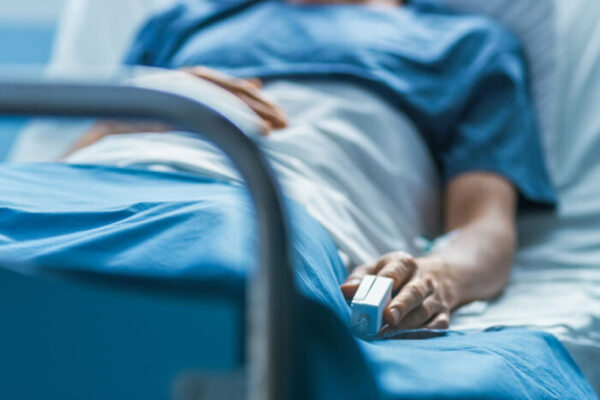$3.7 million supports crowdsourced database of cancer genomics
Scientists at the School of Medicine have received a $3.7 million grant from the National Institutes of Health (NIH) to support an open-source database aimed at boosting personalized approaches to cancer treatment.
Drug reduces risk of pneumonia in newborn mice
Premature infants are at high risk of developing life-threatening lung infections, partly because their lungs are underdeveloped at birth. A new study from Washington University School of Medicine in St. Louis has found, in mice, that an inhaled drug promotes the development of lung immunity and reduces the risk of pneumonia.
Targeting immune cells may be potential therapy for Alzheimer’s
A School of Medicine study has found that brain immune cells called microglia form the crucial link between protein clumping and brain damage. Suppressing such cells might prevent or delay the onset of dementia in people.
Human gut microbes could make processed foods healthier
A new study from Washington University School of Medicine in St. Louis suggests the gut microbiome has an impact on how the body breaks down processed foods, such as cereals, pastas, chocolate and soda. The new knowledge could help in the development of healthier, more nutritious processed foods.
NIH gives major boost to microbiome research on Medical Campus
A longtime leader in microbiome research, the School of Medicine plans to expand research into the microbiome with a new mouse facility that will further enable researchers to understand how microbes influence health and disease. The facility will be funded with an $8 million grant from the National Institutes of Health and an additional $2.8 million from the School of Medicine.
Uncommon weight-loss surgery best for reducing diabetes risk
One of the most frequently performed weight-loss surgeries in the world — Roux-en-Y gastric bypass — is effective, but another procedure rarely performed in the U.S. appears to be more effective at eliminating type 2 diabetes in patients with obesity. A study from the School of Medicine explains why.
Building ‘Momentum’
Tomorrow’s inauguration of Andrew D. Martin as 15th chancellor of Washington University in St. Louis is a time-honored academic tradition, and will be a day of celebration and fanfare. Here’s everything you need to know.
NIH funds centers to improve, diversify reference human genome
The National Institutes of Health (NIH) will provide $29.5 million to Washington University School of Medicine in St. Louis and collaborating institutions to improve the accuracy and diversity of the reference human genome sequence. The aim is to better reflect the spectrum of human diversity and make the reference genome a more useful research tool.
Another golden moment on Francis Field
Francis Field, the venerable stadium on the Danforth Campus of Washington University in St. Louis, was re-dedicated Sept. 21 as Francis Olympic Field. The new name is sanctioned by the International Olympic Committee and the U.S. Olympic and Paralympic Committee, represents another milestone in securing Washington University’s — and St. Louis’ — legacy in the Olympic movement.
For hospitalized patients with fungal infections, specialists save lives
Fungal bloodstream infections are responsible for the deaths of more than 10,000 people every year. New research from the School of Medicine shows that the death rate can be reduced by 20% if infectious disease specialists oversee care of such patients.
View More Stories

